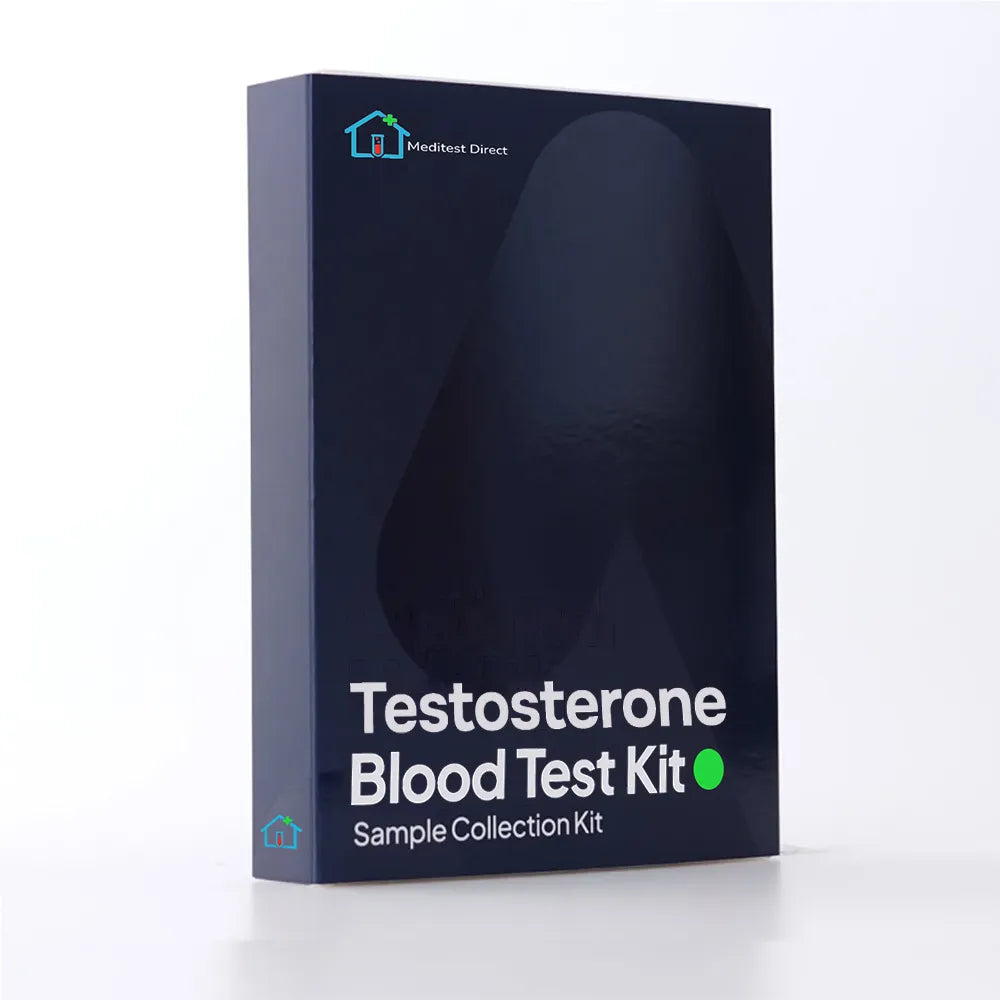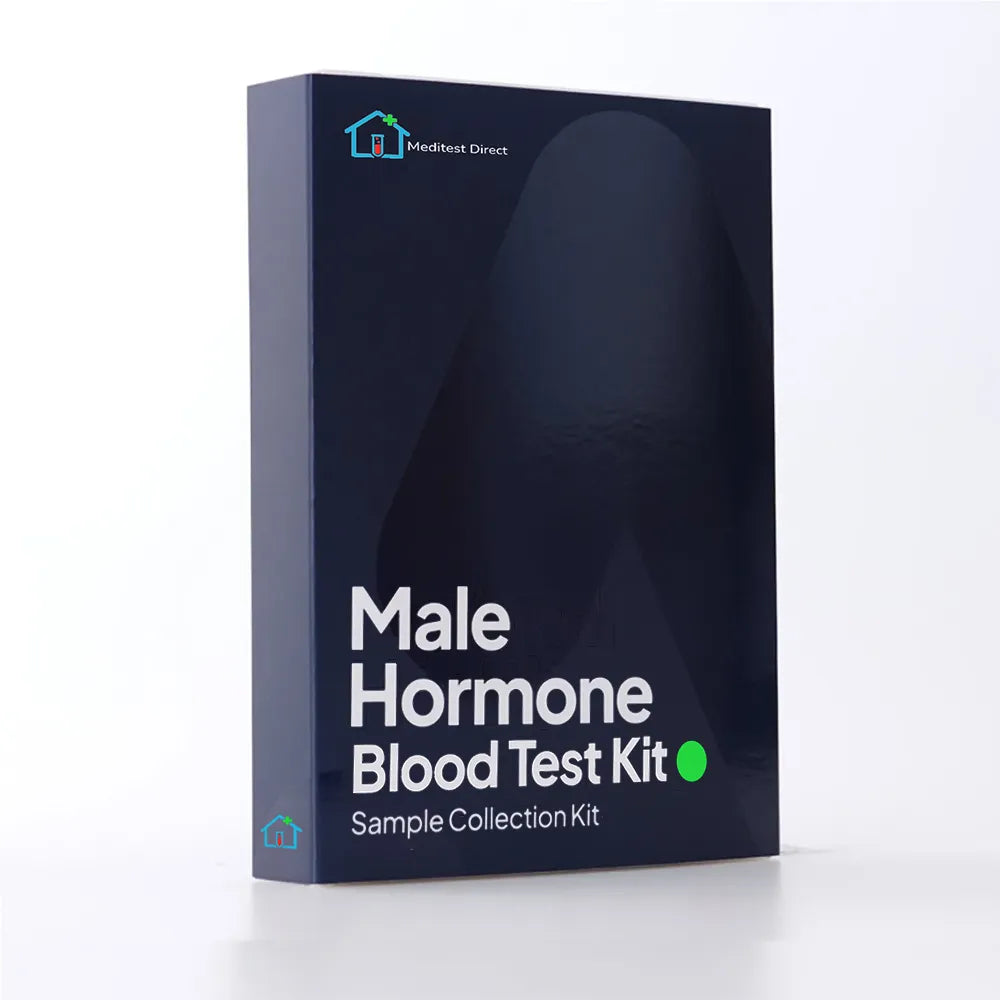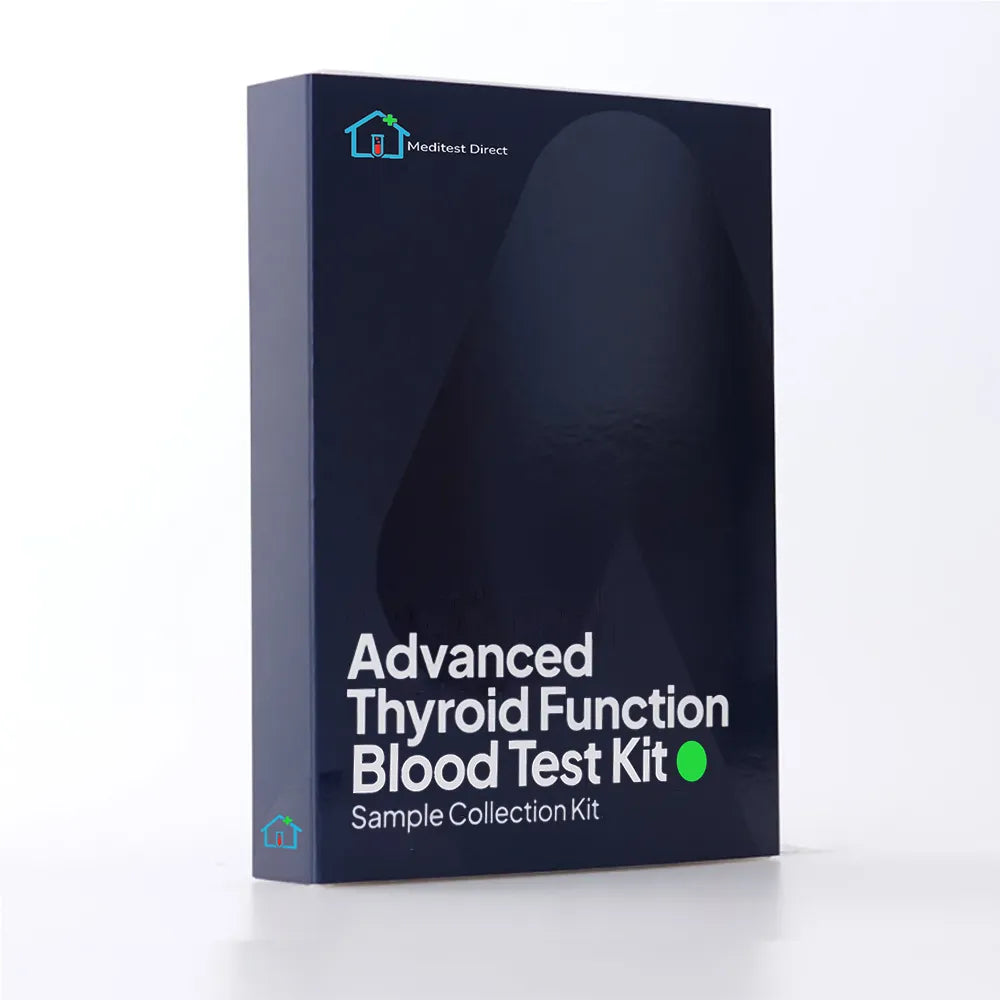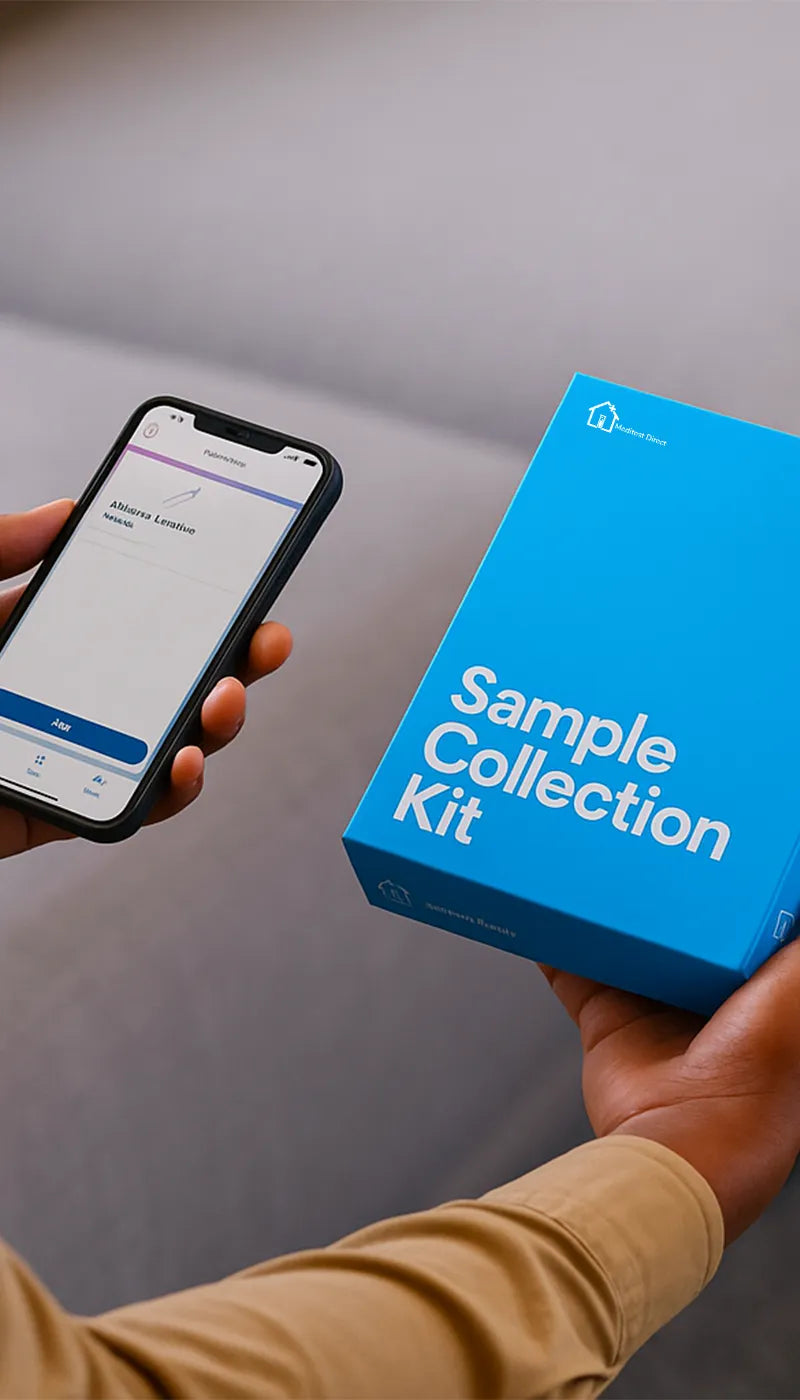This test measures antibodies against hepatitis B in your blood. It will tell you whether you are immune to hepatitis B or whether you do not have immunity. In most of the population, a result greater than 10 IU/L means that you have sufficient antibodies for immunity. A result less than 10 IU/L means that you are not immune. If you are prone to exposure to hepatitis B through your work (Exposure Prone Procedures a EPP), then you will require a result greater than 100 IU/L to confirm immunity. If your result shows that you have immunity to hepatitis B it means that you are both protected from possible infection and will not pass it on to another person. You can acquire hep B immunity through prior vaccination(s), or by having recovered from a previous infection. This test will not tell you whether you are currently infected with hepatitis B. Hepatitis B is an infectious viral disease which causes your liver to become inflamed and enlarged. Most people recover from an acute hepatitis B infection by themselves within around 6 months. However, for others, the infection becomes chronic (prolonged) which can lead to lasting liver damage. Hepatitis B can have few symptoms, especially in the early stages. People who are at risk of becoming infected with hepatitis B are those who have had close contact with others who are infected (including unprotected sexual contact). Coming into contact with infected blood (e.g. through sharing needles, some contact sports) will also put you at risk of becoming infected with hepatitis B. Health care workers are often required to check their immunity against hep B for work purposes.










